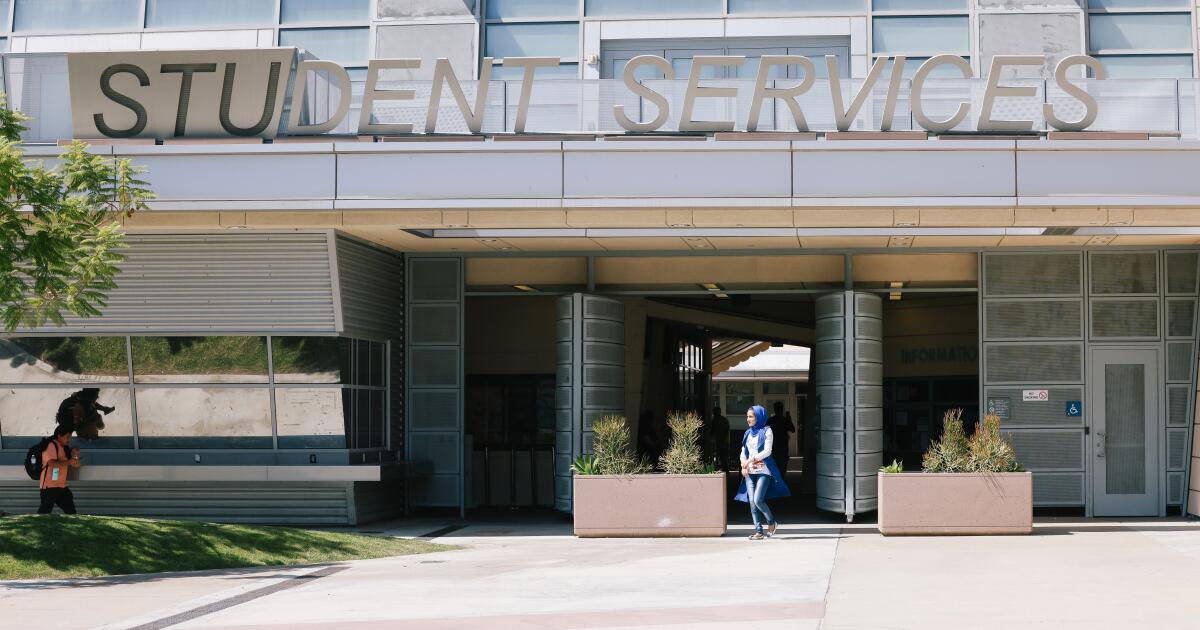About 94% of young people in California said they experience regular mental health challenges, with one-third reporting their mental health as “fair” or “poor,” according to a new report by Blue Shield of California and Children Now.
Yet, young people also expressed hope about the future and said addressing their mental health issues and taking action on issues they care about helps them cope, the report said.
The survey polled 750 people age 14 to 25 between April and June across the state. Other key findings include:
About 98% who reported poor mental health are youths of color 25% of those reporting poor mental health are LGBTQ+Top stressors include gun violence, housing affordability, discrimination and climate changeMore than a third say they felt too embarrassed to seek professional helpTop stressors
Young people pointed to socioeconomic issues as weighing on their mental health, according to the survey, with 87% concerned about the cost of housing, 84% worried about the price of groceries and 73% citing the ability to find a good job as a top concern. About 85% cited concerns about gun violence, and 78% cited climate change and racism as top issues.
Youths in Los Angeles reported the highest levels of poor mental health in the state. About 90% of L.A. respondents cited housing affordability as a top issue, with 85% citing both climate change and discrimination against immigrants as key stressors.
At a recent student mental health conference in San Diego called Wellness Together, school leaders and student mental health professionals discussed the survey.
“The data shows youth are deeply affected by the world around them, from climate anxiety and safety to social media pressures,” said Nicole Stelter, director of behavioral health at Blue Shield of California. “It’s more important than ever that clinicians, educators, policymakers and caring adults listen to what our youth are saying and treat this seriously for what it is — a youth mental health crisis.”
Barriers and hope persist
More than a third of young people in the survey who wanted professional help for their mental health care said that feeling “embarrassed” was the main reason they did not seek it. More than a fifth said they could not afford mental health care and did not know where to find help.
As barriers to care persist, students can still find some meaningful support in each other, especially in service to their communities, Stelter said.
“If you are into beach cleanup, go do that. If you are into volunteering at a pet shelter or animal shelter, do that,” Stelter said. “You will meet people there who have that common interest and common purpose.”
About two-thirds of young people said they were optimistic about the future, engaging in activities such as exercise and hobbies to protect their mental health and advocating for change. About 99% of those concerned about climate change, for example, said they were taking pro-climate action themselves.
“[Young people] are not passive. They want to be in the driver’s seat for their future, and they’re clearly taking action,” said Lishaun Francis, director of behavioral health at Children Now, who conducted the survey with Blue Shield.
Sanganeria is a reporter for EdSource, a nonprofit, nonpartisan journalism organization covering education in California.

